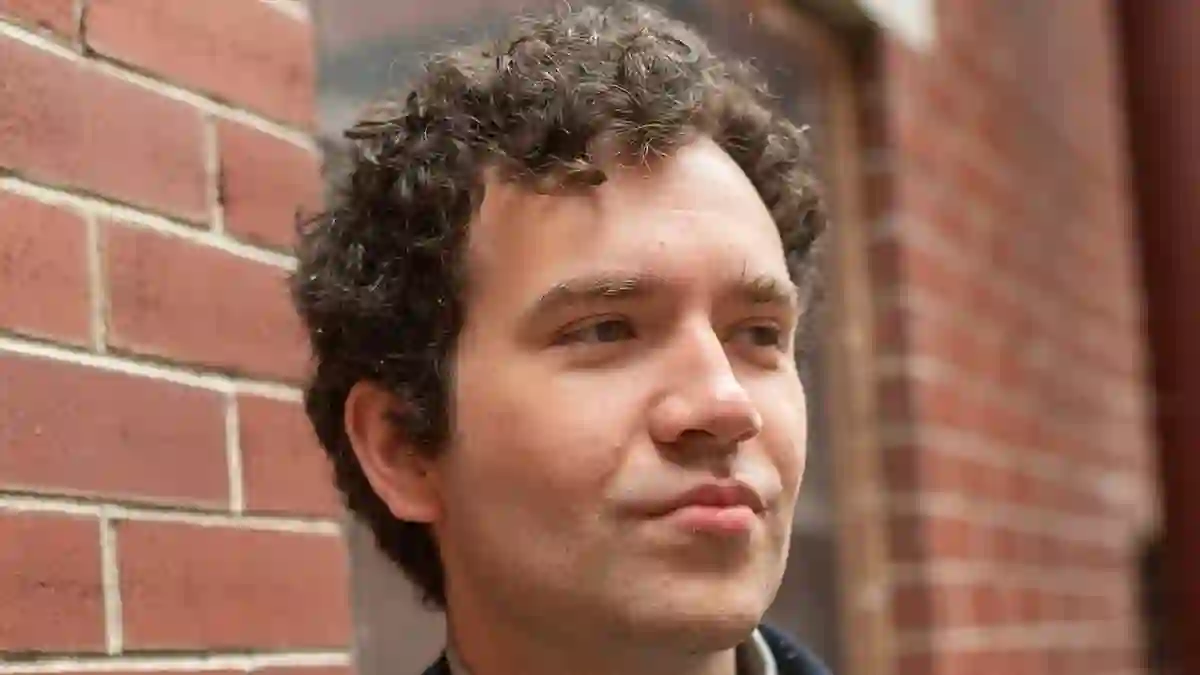Aaron Barry didn’t set out to just write poetry—he set out to expose something he felt was broken in the literary world.
From his small apartment in Vancouver, the 29-year-old writer launched a bold, bizarre experiment: what would happen if he submitted purposely bad poetry under fake identities that ticked every box of what he believed publishers wanted?
The answer? He got published. Over 50 times.
And now, after spending two years impersonating marginalized voices, Barry is coming clean.
Pretending to Be Someone Else… Over and Over Again
Barry created a range of fictional personas—Black, queer, gender-fluid, immigrant.
One of his most prolific was Adele Nwankwo, who he described as a “gender-fluid member of the Nigerian diaspora.”
Under this name, Barry submitted poems he described as “nonsense” and “trash”—and still got them published in respected literary journals.
“I wanted to test if the poetry world cared more about identity than quality,” he told DailyMail.com. “Turns out, it often does.”
The Poems Were Intentionally Ridiculous
The first of Barry’s fake poems to be accepted was one filled with made-up gibberish—lines like “voodoo prak tik casta oyal drip drip.”
It was accepted by Tofu Ink Arts Press, a journal known for promoting underrepresented voices.
Another poem—written in a bizarre wrestling promo style—boasted about books by Toni Morrison “hitting harder” than fictional wrestling foes.
Barry laughed recalling the acceptance of that piece, admitting it was “just fake bad Creole.”
A Literary Hoax With Dozens of Identities
Barry didn’t stop at one alias. He sent out poems as b.h. fein, whose pronouns were “its/complicated,” and even got a nomination for the 2025 Best of the Net Award.
Other fictional writers included Claire Brooke Hawksmouth Sky Child and Dirt Hogg Sauvage.
Eventually, he revealed his scheme—via yet another alias, Jasper Ceylon, in a dramatic post on Substack.
His ‘Coming Out’ Shocked Editors and Lit Twitter
When Barry’s real identity was exposed in The Free Press, literary circles quickly reacted.
Editors who had worked with his aliases were stunned and furious.
One of them, Chris Talbot, who uses they/them pronouns, had published Nwankwo’s work in B’K Magazine and didn’t hold back online.
“There’s a white cis man pretending to be a host of marginalized individuals just to get published,” the magazine posted.
“He thinks it makes him clever.”
Editors Pulled Books and Burned Bridges
The backlash wasn’t limited to online outrage.
One editor, Derek White, had worked with another Barry alias—S.A.B. Marcie, a biracial woman loosely inspired by Barry’s real-life girlfriend—on a book called Femoid.
But after Barry came clean, White pulled the book from circulation.
According to Barry, White told him: “If I had known you were a white male author, I wouldn’t have accepted the book.”
White denied excluding white men but insisted Barry’s deception made publishing Femoid “unethical,” saying the book only made sense coming from an uneducated Black woman, not a white man from Vancouver.
Not Everyone Was Angry—Some Just Thought It Was Funny
While some editors were furious, others didn’t mind.
One of Barry’s unpublished novels, £, flesh, is still set to be released with a new editor, Maxwell Rosenbloom, who said he “didn’t care” about the author’s background and was more impressed by the work itself.
“The work is very good. That’s what’s important to me,” Rosenbloom told The Free Press.
From Haiku Hobbyist to Publishing Industry Provocateur
Barry’s writing journey actually began in 2018 while he was recovering from an illness.
He started with haikus and was eventually published in small literary magazines before launching his full-blown prank.
But it wasn’t just a joke to him—it was a protest.
“My interest,” he said, “is in exploring artistic freedom and non-denominational creative liberty.”
His Message: The Industry Needs to Refocus
Barry hopes his story will ignite conversation—not just about ethics, but about what gets prioritized in modern publishing.
“If we keep obsessing over identity politics in art,” he said, “we’ll lose sight of creativity itself.”
He’s now continuing his poetry career under his real name, with nothing to hide and, presumably, a lot more attention.
